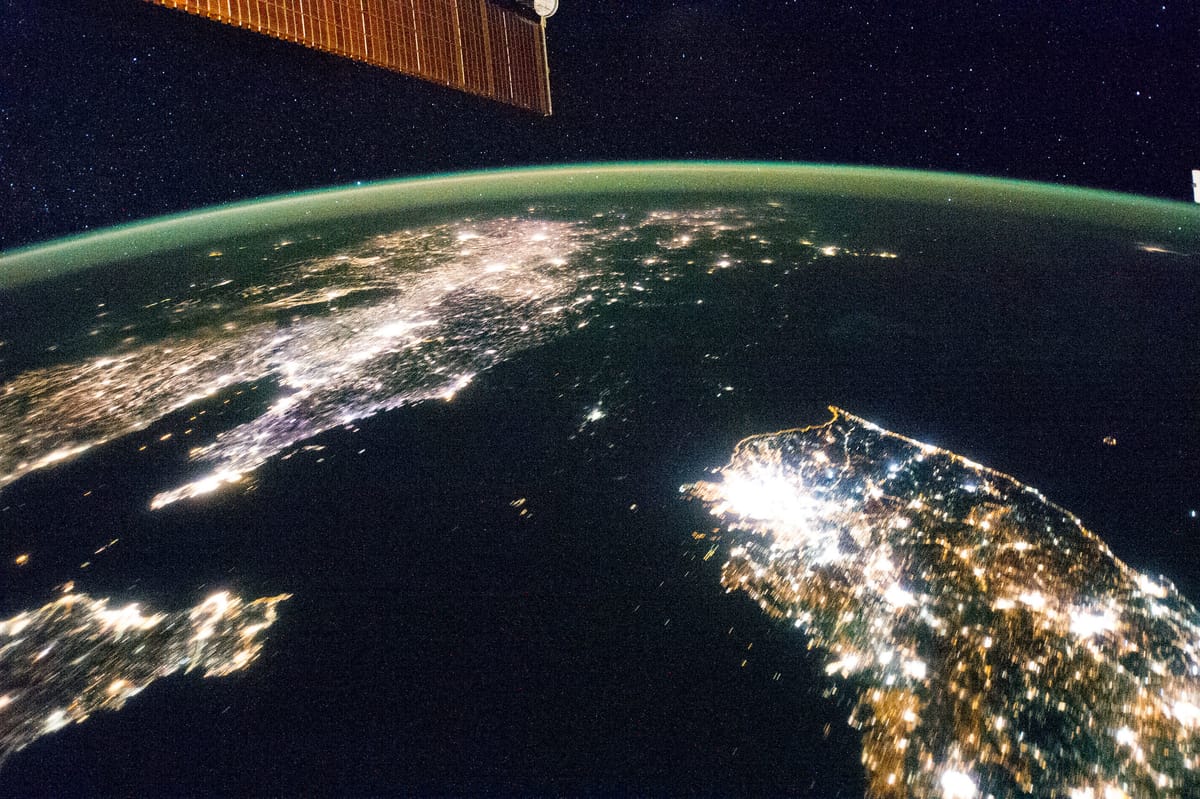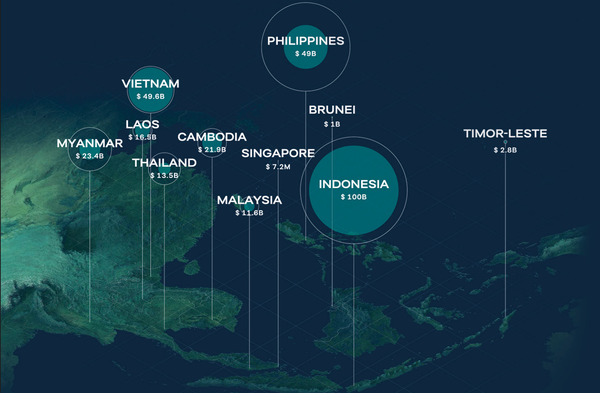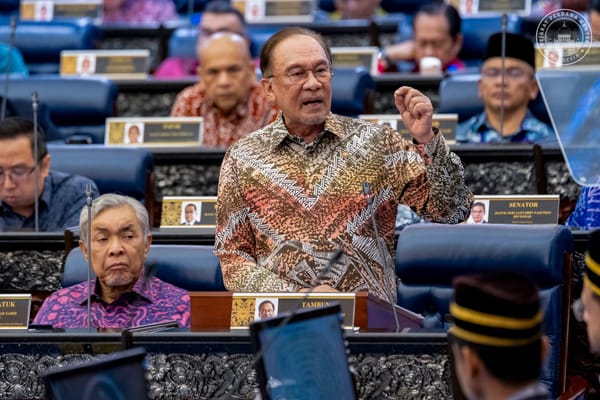
South Korea targets lunar base, deep space missions by 2045
The Korea AeroSpace Administration (KASA) has unveiled an expanded roadmap outlining plans to build a moon base by 2045 and prepare for Mars, asteroid, and manned missions, in a major upgrade of its long-term space ambitions.
The strategy, presented at a national hearing in Daejeon, central South Korea, on 17 July, forms part of the KASA roadmap, introduced in 2024 as an agenda item for the Korean National Space Council.
It sets out a sequence of near-term and long-range missions to develop autonomous launch, navigation, and communication capabilities, backed by international cooperation. South Korea's Ministry of Science and ICT presented the updated roadmap.
Phased milestones: from moon to Mars
Some of the work is underway: a Korean geological institute recently tested prototype lunar mining vehicles at an abandoned coal mine. South Korea plans to launch a lunar lander using a new-generation launch vehicle to begin surface analysis and resource extraction missions in 2032.
Between 2023 and 2026, KASA will use data from its Korea Pathfinder Lunar Orbiter (Danuri) to create a detailed lunar environment map, targeting magnetic field, elemental and resource signatures to identify landing sites.
By 2045, South Korea aims to complete construction of a lunar base to support continuous scientific operations, including resource utilisation, a space laboratory, and potential deep space gateways.
Mars orbit planned by 2035
In parallel, the plan targets Mars orbit by 2035 via a dedicated probe to study atmospheric composition and topography. Preliminary studies for Mars mission design and technology development will begin in the second half of 2024.
KASA said it is reviewing options for expanding its human spaceflight programme, including potential follow-up astronaut training initiatives. However, no official timeline or technical plan for a manned capsule or habitation module has been announced.
KASA will also begin asteroid mission feasibility studies in late 2024, with plans to develop deep-space probes, onboard navigation, and scientific payloads to support asteroid approach and exploration.
Korea positioned with major spacefaring nations
South Korea’s roadmap includes a solar observation probe mission to strengthen early warning capacity for solar storms and space weather, and help Korea secure deep space communication and orbital control technologies.
KASA said its next formal release will include strategic technology priorities and industrial collaboration mechanisms.
The roadmap explicitly positions South Korea alongside major spacefaring nations, including the US, Japan, China and India, and calls for new memoranda of understanding with partners in Asia and beyond.



